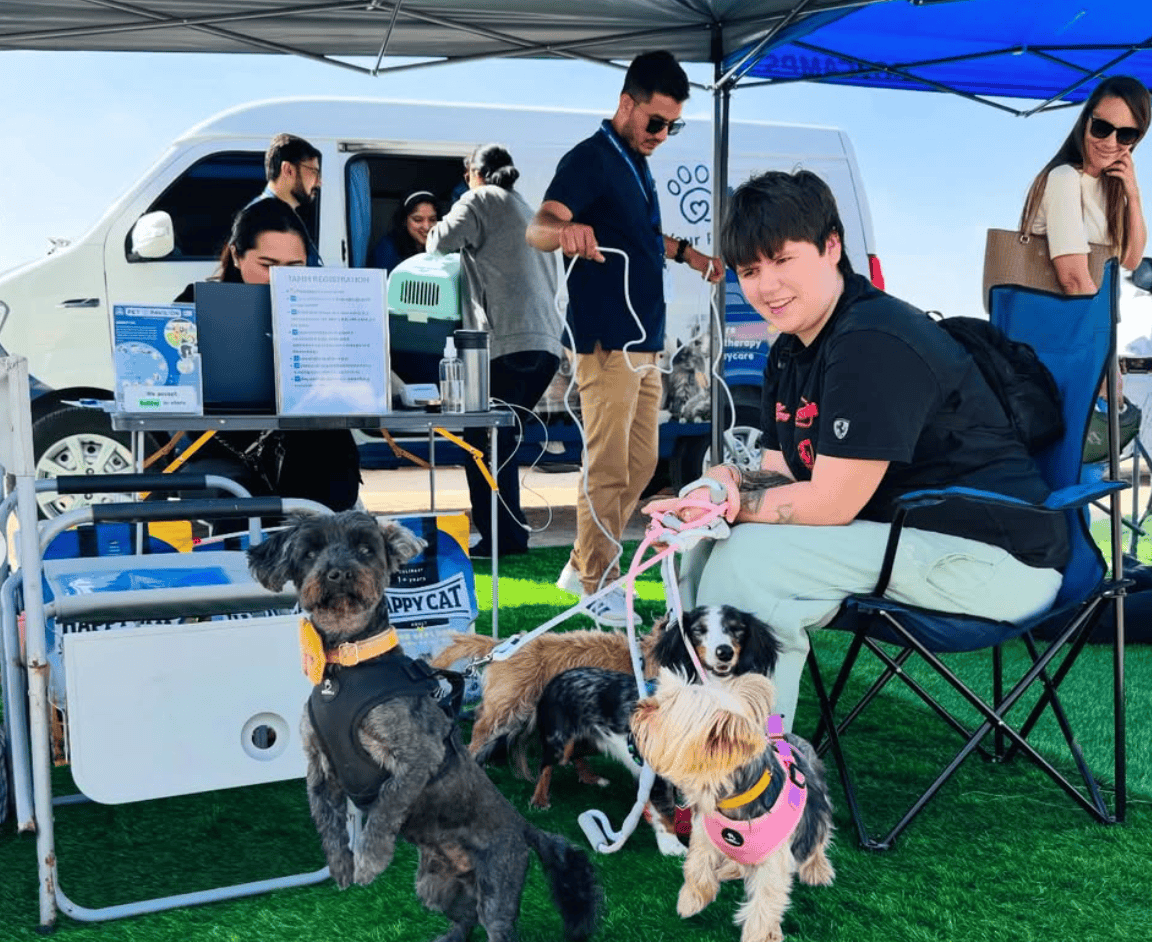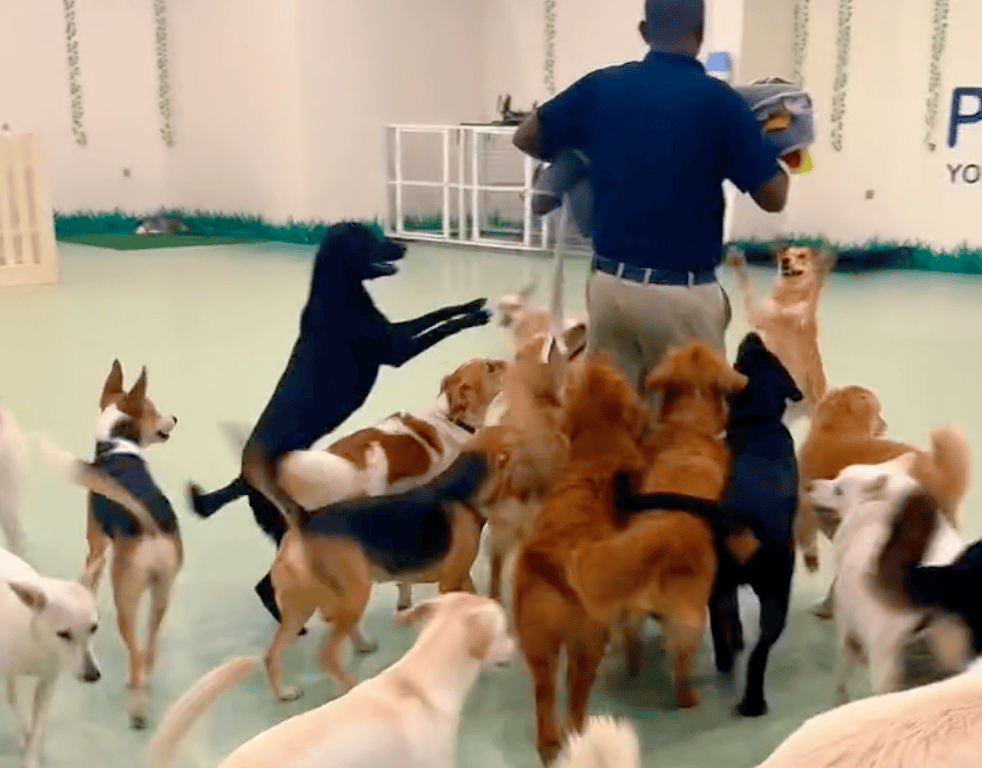The Top 10 Common Health Issues in Pet Birds: A Guide for Bird Owners

Keeping pet birds is a delightful experience that brings joy and companionship to many people. However, just like any other living creature, certain health issues in pet birds require our attention and care.
As a pet parent, it is your responsibility to learn about the health issues that pet birds may encounter. Here are some valuable insights to keep your feathered friends healthy and happy:
Feather Plucking
Feather plucking is a behavior where birds excessively groom themselves, leading to the loss of feathers. The cause can be factors such as stress, boredom, poor diet, or underlying medical conditions.
However, it's important to note that not all feather loss is due to plucking. Sometimes, molting or natural feather shedding can be mistaken for plucking.
Observing your bird's behavior, providing a stimulating environment with toys and social interaction, offering a balanced diet, and regular veterinary check-ups can help prevent and address this issue.
Respiratory Problems
Respiratory problems are prevalent health issues in pet birds and can manifest as sneezing, wheezing, or difficulty breathing. Birds have delicate respiratory systems. Poor ventilation, exposure to irritants such as cigarette smoke, scented candles, strong fumes, or bacterial and fungal infections can all contribute to respiratory distress.
Maintaining a clean living environment with good air circulation is essential. Use bird-safe cleaning products, avoid smoking near birds, and promptly address any indication of respiratory distress to ensure your bird's respiratory health.

Psittacosis (Parrot Fever)
Psittacosis, parrot fever,is a zoonotic disease caused by the Chlamydia psittaci bacteria. It can affect both birds and humans. This disease can have flu-like symptoms in humans but can cause severe illness in birds.
Symptoms in birds include respiratory distress, lethargy, and loss of appetite. Regular veterinary visits, good hygiene practices such as proper handwashing, and using caution when handling birds or cleaning their cages can help prevent the spread of this disease.
Nutritional Deficiencies
Improper nutrition can be a reason forhealth issues in pet birds. Calcium, vitamin A, and vitamin D deficiencies are common and can result in weak bones, poor feather quality, and impaired immune function.
Giving your pet birds a balanced diet that containsfresh fruits, vegetables, grains, and high-quality bird pellets is crucial for their well-being.
Additionally, offering occasional treats and ensuring access to clean, fresh water is essential. Consult with a veterinarian to ensure you are providing the right diet for your specific bird species.
Gastrointestinal Disorders
Digestive problems such as diarrhea, regurgitation, or undigested food in droppings can indicate gastrointestinal disorders in birds. These issues may arise from dietary indiscretion, bacterial or viral infections, or internal parasites.
Maintaining proper hygiene, offering a varied and digestible diet, and regular veterinary check-ups can help prevent and manage these problems. Avoid feeding birds harmful substances such as chocolate, avocado, caffeine, or alcohol, as these can be toxic to them.
Avian Polyomavirus:
Avian Polyomavirus (APV) is a highly contagious virusthat canhave devastating effects on young birds, especially parrots. It can give rise to feather abnormalities, weight loss, and an increased susceptibility to other infections. Vaccination against APV is available for some species.
Additionally, following proper quarantine measures for new birds is essential to stop the contagiousvirus from spreading.Good hygiene practices, like regularly cleaning and disinfecting cages, toys, and feeding bowls, can help reduce the risk of viral transmission.
Bumblefoot
Bumblefoot is a condition characterized by swelling and inflammation of a bird's foot caused by bacterial infections. It often occurs due to perching on rough or improper surfaces or inadequate perching materials.
Provide your pet birdswith comfortable and varied perches, such as natural branches of different thicknesses. This will help prevent the development of bumblefoot. Regularly inspect your bird's feet for any signs of redness, swelling, or scabs, and consult a veterinarian if you notice any abnormalities.
Psittacine Beak and Feather Disease (PBFD)
PBFD is a viral disease impacting parrots and can lead to feather abnormalities, beak deformities, and immune system suppression. This highly contagious disease requires strict quarantine measures for affected birds and good hygiene practices to prevent transmission.
Avoid introducing new birds without proper testing and ensure that any bird coming into contact with an infected bird is appropriately vaccinated. Regular veterinary check-ups and routine blood tests can help detect PBFD in its early stages.
Egg-Binding
Female birds can sometimes experience difficulties in passing eggs, leading to a condition called egg-binding. It is a critical health concern requiring immediate veterinary attention.
Providing a suitable nesting environment, a well-balanced diet with sufficient calcium, and regular check-ups can help prevent complications associated with egg binding.
If you suspect your bird is egg-bound (prolonged straining, lack of appetite, or distress), seek veterinary assistance promptly to prevent potentially life-threatening complications.
Avian Aspergillosis
Avian Aspergillosis is a fungal infection caused by the Aspergillus fungus and can affect the respiratory system of birds. It is commonly associated with damp or moldy environments. Maintaining a clean and dry living space for your bird, proper ventilation, and avoiding exposure to mold or fungi are crucial in preventing this condition. Regularly inspect your bird's living area for any signs of moisture or mold growth, and if you suspect avian aspergillosis, seek immediate veterinary care.
Importance of Mental and Physical Stimulation
Apart from physical health issues in pet birds, you should also be mindful of the importance of mental and physical stimulation for their feathered friends. Birds are intelligent creatures that require mental stimulation to thrive.
You can provide them with various toys, puzzles, and interactive activities to keep their minds engaged and prevent boredom.
Additionally, regular exercise and flight opportunities are crucial for their physical well-being. Allow supervised flight time in a safe and secure space, ensuring no hazards or predators are nearby.
The Final Word
Being aware of the common health issues that can affect pet birds is essential for every bird owner. Learning about the symptoms, preventive measures, and appropriate treatments can ensure the well-being and longevity of your feathered companions.
You can create a healthy and happy life for your beloved pet birds with proper care and vigilance.
Ready to give your pet the best care possible?
Contact us today to schedule an appointment or learn more about our services.
Pet Pavilion. Plot M35.Street 13.
Mussafah Area. Abu Dhabi
+97125590453


Schedule your appointment today
Book My Appointment








